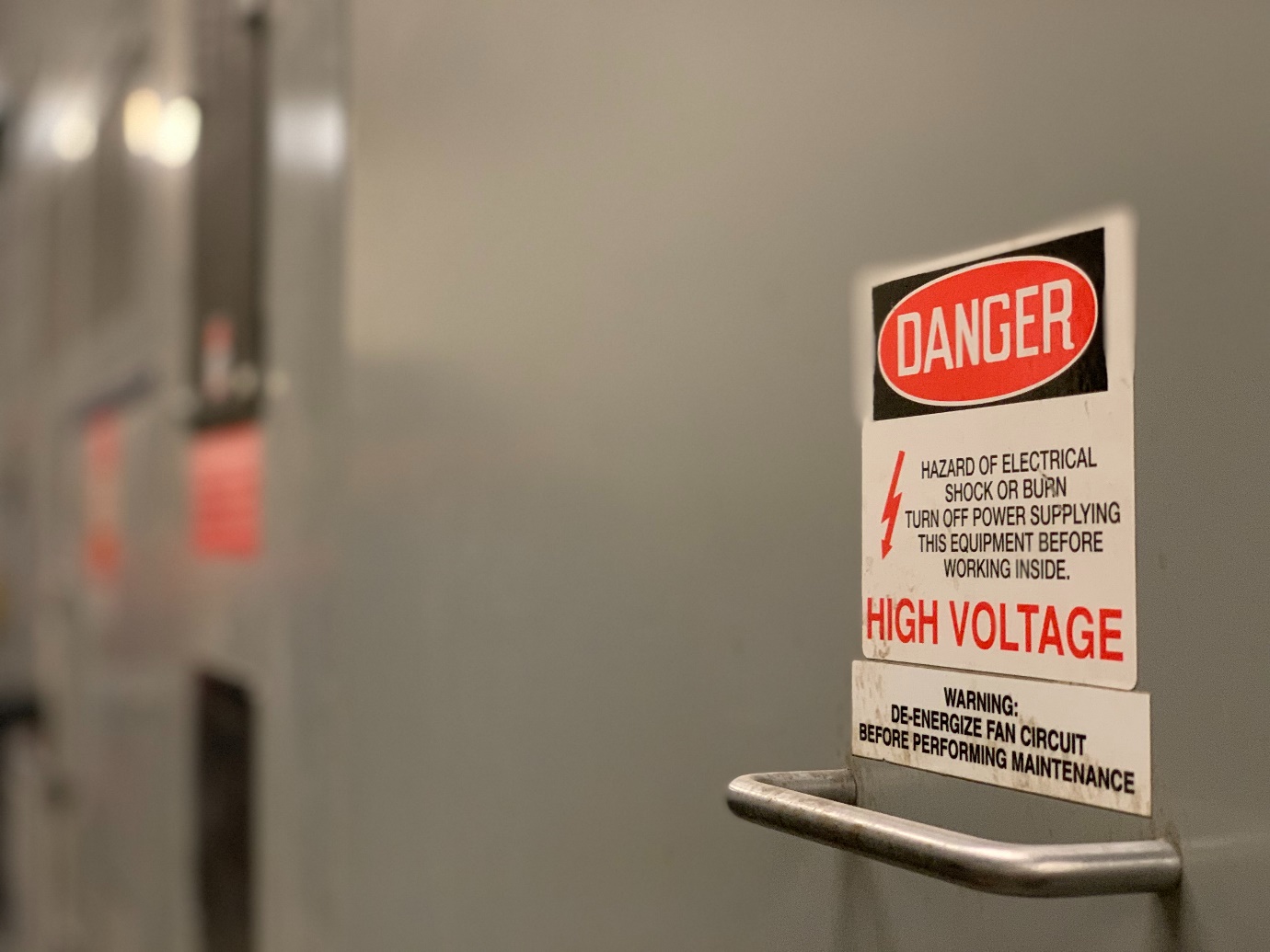ENTREPRENEURSHIP
Protect your Business from Electrical Hazards: A Guide to Electrical Safety

No modern business can function without electricity. In some cases, you might be using a modest computer system to keep orders and accounts in order; in others, you might rely on electrically powered tools and machinery as the basis for your manufacturing. Construction is the sector that tends to suffer from the most electricity-related workplace accidents, but there’s no reason that staff in any workplace can’t suffer if adequate precautions aren’t taken.
Given this, it’s useful for small business owners to get to grips with the basics of electrical safety. Electricity is described by the Occupational Safety and Health Administration as a ‘serious workplace hazard’. As such, there are a range of standards and regulations designed to protect everyone.
But exactly what steps might we take to educate ourselves and our workforces? Let’s take a look.
Audit the Workspace
A safety audit is a formalized process of looking around the workplace and identifying any potential points where an accident might occur. These might include overhead power lines, which construction workers should keep a minimum 10 feet distance from. But other hazards, like junction boxes, should all be signposted so that everyone knows to steer clear.
Audits should be repeated at regular intervals to ensure that safety guidance is being followed, and that any mistakes can be identified before they have the chance to cause any harm.
Record Tripped Breakers
If circuit-breakers are repeatedly being tripped, then decision-makers can only be made aware of the problem if each incident is being recorded. The log should include information about the circumstances surrounding the break, including the equipment being used. If a circuit is persistently breaking, then it points to a persistent problem.
Keep a Maintenance Schedule
Just as your audits should be regularly scheduled, so too should your corrective action be. Plugs and cables should be expected for warmth, discoloration, and smoldering smells which might evidence hidden arcing. Plugs and fuses should always be swapped out for like-for-like replacements, and extension cords should not be used on a permanent basis. If you find that you are having to use several different extension cords to make your business function, then it might be time to consider minor rewiring.
Keep track of Tools
When tools become damaged, they can begin to pose a threat to the person operating them. Unqualified workers should never attempt to fix electrical appliances, especially if doing so would involve taking a screwdriver out and exposing the electrically conductive materials inside. Cracked or damaged cables should be identified and replaced. This is done, typically, using a ‘lock out, tag out’ procedure, which will mark faulty appliances as unsuitable for use. Certain components, like starter motors, might be replaced without much difficulty – but workers should never feel tempted to take shortcuts.

